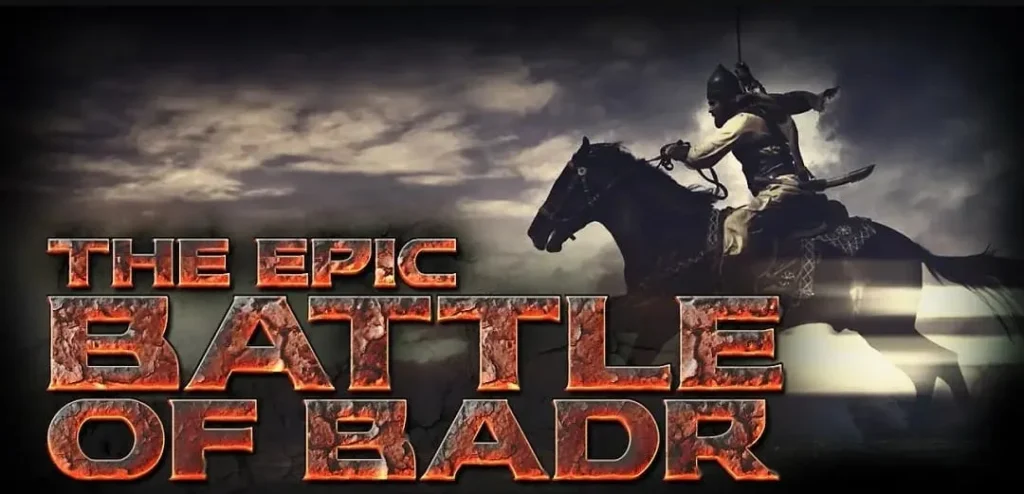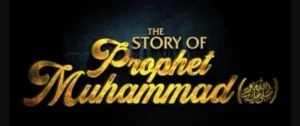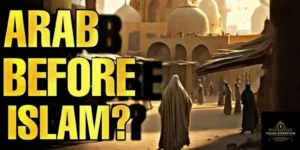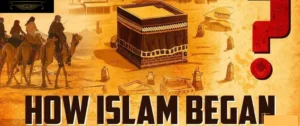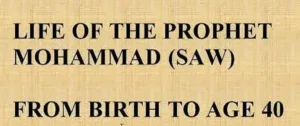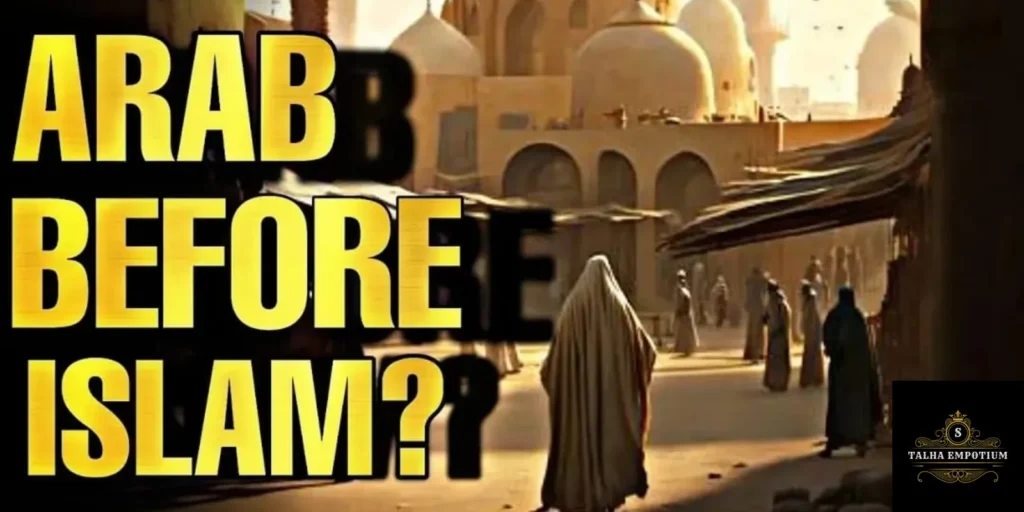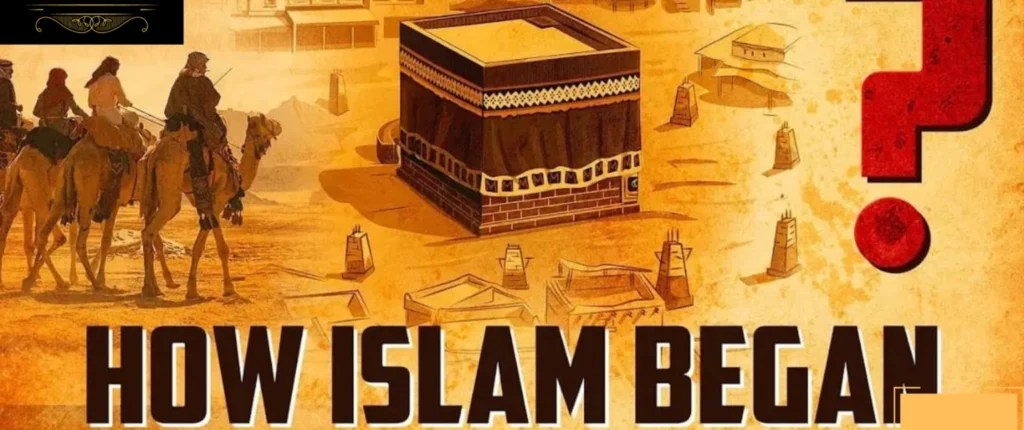Abu Sufyan was traveling from Syria with a caravan carrying fifty thousand gold coins and various goods, heading towards Makkah. In Madinah, the Muslims were prepared to intercept and seize this caravan. Abu Sufyan, realizing the potential threat, thought to himself… Wait a minute, the Muslims were planning to loot the caravan? How could they do that, especially in the month of Ramadan?
The truth is, a year before the Battle of Badr, when the Muslims migrated from Makkah to Madinah, they brought nothing with them except the clothes they were wearing. The people of Makkah, in their anger, sold all the Muslims’ possessions, lands, and homes to provoke them. This caravan contained a lot of goods that had been seized from the Muslims of Makkah. So, the Muslims were not looting; they were reclaiming what was rightfully theirs.
Abu Sufyan, the leader of this caravan, was tense, knowing that if he took the usual route, the Muslims wouldn’t spare him. So, he changed his route and sent a letter to Makkah, urging the Makkans to come to the caravan’s aid at full speed. Upon reaching Makkah, the messenger went to the Kaaba, cut off the ears and nose of his camel, tore his clothes, and shouted for help – a traditional way to show urgency in those times.
Meanwhile, the Muslim army had already set out to intercept the caravan. Abu Jahl asked the messenger about the number of men and horses the Muslims had. The messenger said they had about two horses. Abu Jahl responded, “We will take a hundred horses.” He then inquired about the number of camels in the Muslim army, to which the messenger replied, “Around seventy camels.”
Abu Sufyan’s caravan avoided the main road and escaped the Muslim army. So, there was no need to fight, as the caravan had been saved. But Abu Jahl insisted, saying, “Even if the caravan is safe, we won’t spare these Muslims. We have three men for every one of theirs.”
Prophet Muhammad (PBUH) instructed his army to camp at the first well of Badr. A companion asked, “O Messenger of Allah, did you choose this place on Allah’s command or by consultation?” The Prophet (PBUH) replied, “We chose it by consultation.” The companion suggested moving ahead to a place with more water to prevent the enemy from taking control of the wells. The Prophet (PBUH) liked the suggestion, and the entire army moved to the new location by midnight.
The next day, Abu Jahl’s army appeared, three times larger than the Muslim force. Utbah, along with his brother and son, stepped forward and challenged the Muslims to single combat. Three Ansar from Madinah came forward, but Utbah demanded their own kin. Then, Hamza, Ubaidah, and Ali (RA) stepped forward, and the battle began. Ubaidah was injured, but Utbah, his brother, and his son were all killed.
Utbah’s son Hudhayfah, who was in the Muslim army, saw his father, brother, and uncle being killed but remained with the Muslims. Knowing their army was much smaller, the Muslims adopted a defensive strategy, holding their ground and letting the enemy come to them. Abu Jahl ordered a full-scale attack, thinking it would be over in minutes. But it didn’t go as planned. Gradually, five disbelievers were killed for every Muslim. The disbelievers’ army began to retreat, confused and tense about being unable to dislodge the Muslims despite their numbers.
Meanwhile, the Muslims refreshed their ranks with new soldiers. Abu Jahl ordered another full-scale attack, but the result was the same. This time, the Muslims counter-attacked, and the disbelievers’ army fled in all directions. Abu Jahl was killed.
In Makkah, everyone awaited news of victory, as the Quraysh had not faced a major defeat in the last sixty years. Almost sixty-five years earlier, they had defeated Abraha’s army of sixty thousand, making the Quraysh the acknowledged leaders of the Arabs. But now, the Quraysh had been defeated by just 313 Muslims. When the first fugitives from the battle reached Makkah, no one believed that they had lost. Gradually, it became clear that they had lost the battle and their honor in the Arab world.
A famous Western historian writes that before the Battle of Badr, the Arabs saw Muhammad (PBUH) as a weak man, expelled by his own people and seeking help from others. But after Badr, Muhammad (PBUH) was seen as a king and a military genius, having defeated an army three times larger.
When the Muslims returned to Madinah with the news of victory, there was joy and celebration everywhere. However, when the Prophet (PBUH) entered his home, he learned that his beloved daughter Ruqayyah, whom he cherished dearly, had passed away a few days earlier. This caused the Prophet (PBUH) great sorrow, but he didn’t share his grief with anyone to keep the Muslims’ celebrations ongoing.
The celebrations couldn’t last long, as Abu Sufyan was already gathering an army of three thousand from across Arabia.

